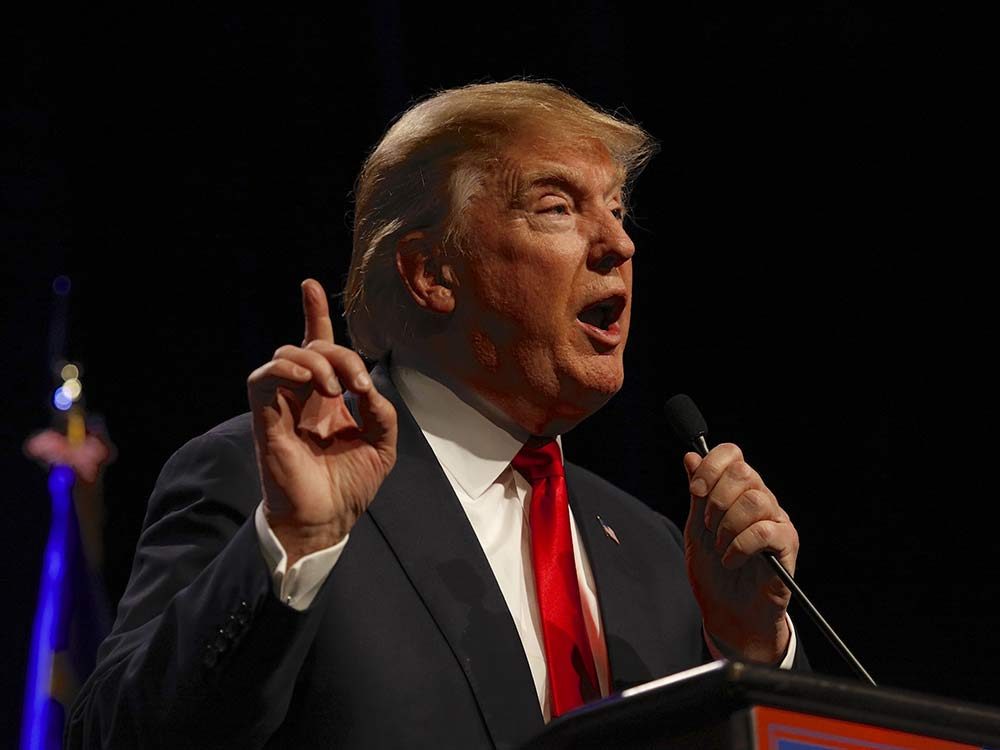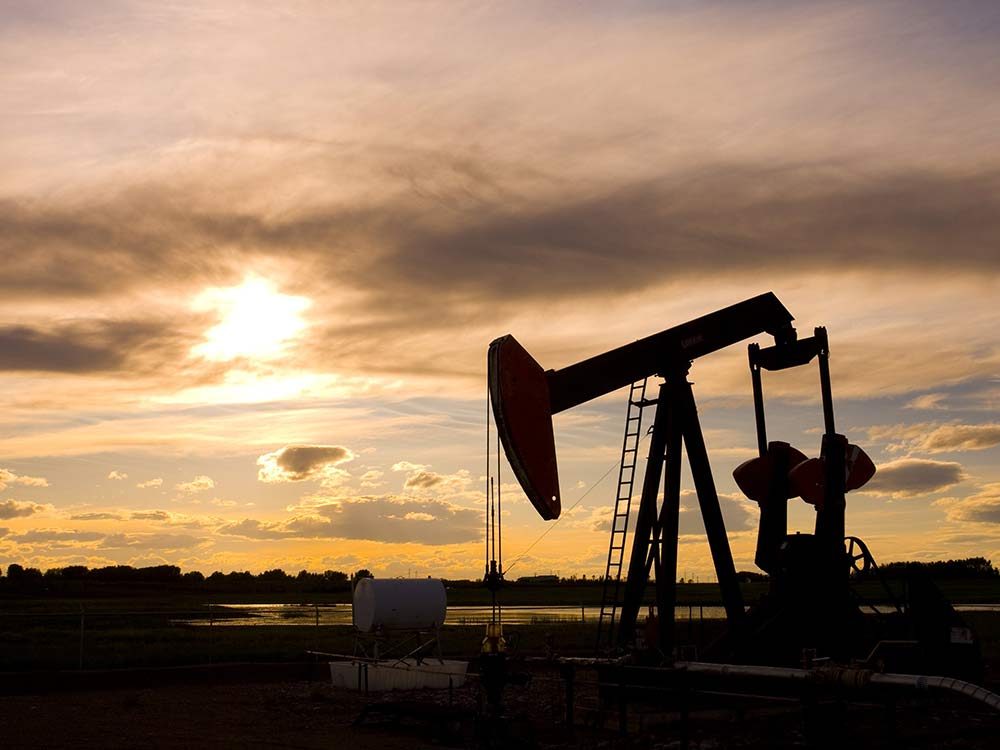
4 Ways Donald Trump Can Affect the Canadian Economy
With Donald Trump taking office as the 45th President of the United States, there’s no doubt his new policies will shake things up—not just for the American electorate, but for Canadians as well. The new commander-in-chief can make sweeping changes on foreign policy, immigration, and—of particular concern to those of us in the Great White North—trade and oil.
“[Trump’s] policies aren’t all going to work together; some of them will stay and some of them will go,” says Craig Geoffrey CFA, assistant finance professor at the University of Toronto’s Rotman School of Management and former proprietary equity trader. “The real question is, which basket of policies will be coming into effect.”
Although only time will tell, we asked Geoffrey to speculate on four things that could happen to Canada under a Donald Trump presidency.

1. The Canadian Dollar Might Take a Hit
Because Donald Trump’s economic programs are not yet set in stone, Geoffrey says it’s difficult to predict what exactly will happen to the Canadian dollar in 2017. But one thing is for sure: the Canadian dollar will be at the mercy of whatever Trump decides to do.
“The rate of the U.S. dollar and the Canadian dollar depends on relative supply-and-demand, and that demand comes from a variety of different areas,” Geoffrey says. “A portion of the loonie’s future in 2017 is going to depend on oil prices, but it will also be impacted by energy policies and environmental regulations from the U.S.”
An increase in the global supply of oil can drive the Canadian dollar down, Geoffrey explains. Exactly how low? Well, according to projections from CIBC, the Canadian dollar may slip to around 72 cents in the first quarter of 2017, while forecasts from JPMorgan Chase place the loonie at 70 cents by the middle of the year.

2. Donald Trump’s Renegotiation of NAFTA May Not Affect Canada
Throughout his campaign, Donald Trump blamed the North American Free Trade Agreement (NAFTA) for sending American jobs overseas. Just how easy would it be for the new president to act on his desire to “tear it up”?
Renegotiating trade policy is one thing, says Geoffrey, but implementing those policies can be costly. And while the U.S. can’t technically “tear up” the agreement, they could withdraw from it with six months’ notice.
Given Trump’s tumultuous relationship with Mexico, Geoffrey predicts the proposed dissolution of NAFTA—and the imposed tariffs on imported goods that could result—is aimed squarely at the Mexican economy.
“Canada won’t be as much of a target simply because we’re not the cause of the friction that Trump is trying to address,” says Geoffrey. “When a manufacturing company happens to close somewhere in the United States, it doesn’t then pop up in Saskatchewan or British Columbia. There’s not a ton of jobs moving from the U.S. to Canada because labour isn’t cheap here.”

3. Donald Trump’s Feud with China Might Make Electronics More Expensive
During his election campaign, Donald Trump threatened to slap a 45 per cent tariff on imported Chinese goods. Given that China is the world’s manufacturing superpower with a near-monopoly on the manufacture of electronic devices like phones and laptops, Geoffrey says that Trump’s tariff plans place global trade on shaky ground.
“If the U.S. forces manufacturing out of China, that’s going to potentially increase the cost of manufacturing,” says Geoffrey. “Those relocated plants will likely go into higher-cost jurisdictions, and that’s going to raise the cost of those products for everybody—Canada included.”
U.S. imports from China amounted to about $380 billion in 2016.

4. Donald Trump Vows to Approve Canada’s Keystone XL Pipeline
After years of delays (and a rejection from former president Barack Obama in 2015), Donald Trump has vowed to approve construction of the cross-border Keystone XL pipeline. Stretching 1,900 kilometres, Keystone XL will be an extension to the current Keystone Pipeline System that runs from Alberta to refineries in Illinois and Texas.
Trump’s approval is good news for Prime Minister Justin Trudeau, who has publicly supported the project, but bad news for environmental activists concerned about the pipeline’s impact on Alberta’s wildlife.
Even after construction is complete, the project could affect the Canadian economy. “The question is, will there be an incremental increase of oil going [to the U.S.] or will Keystone just displace oil that’s moving right now on rail,” says Geoffrey.